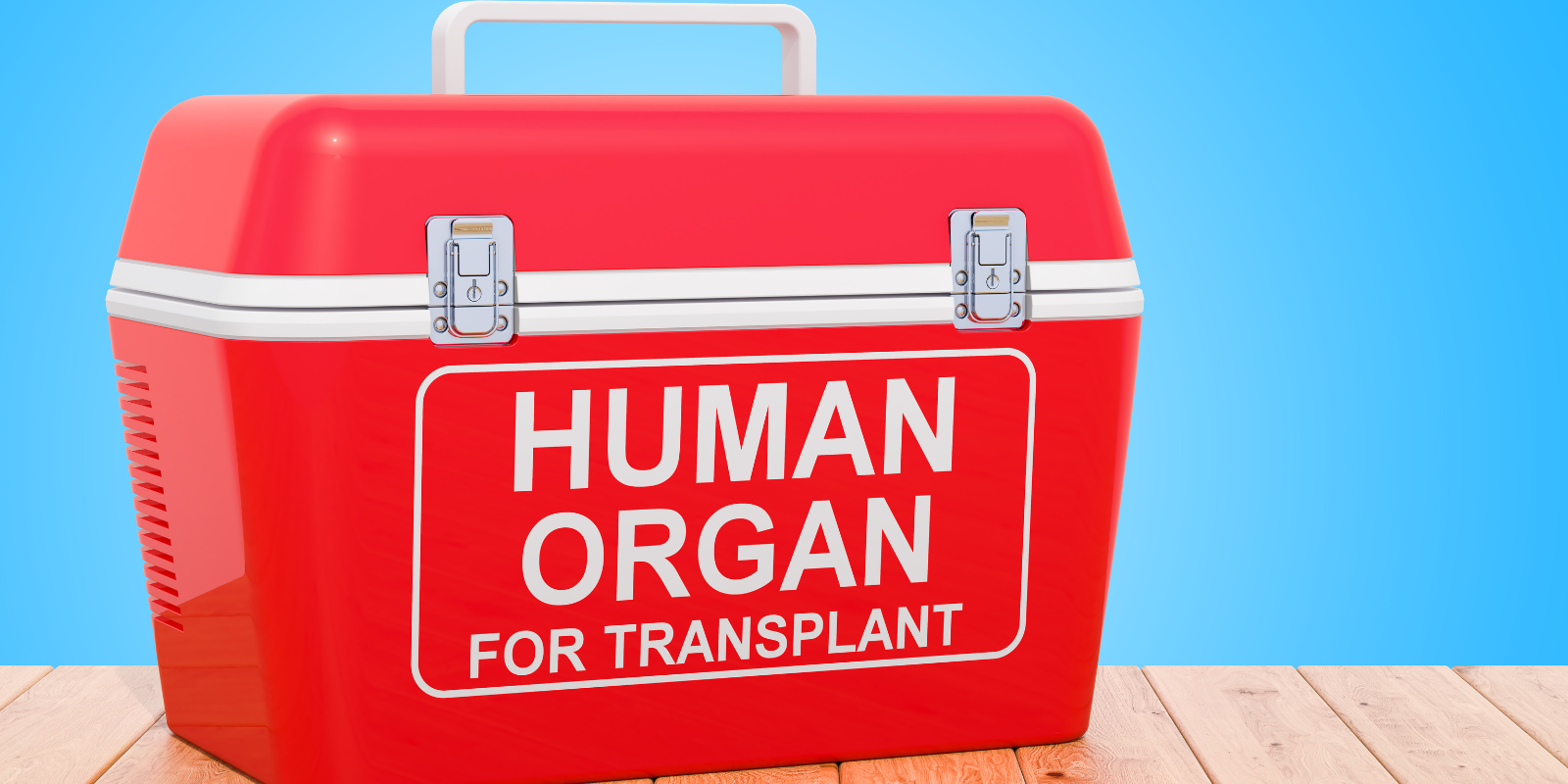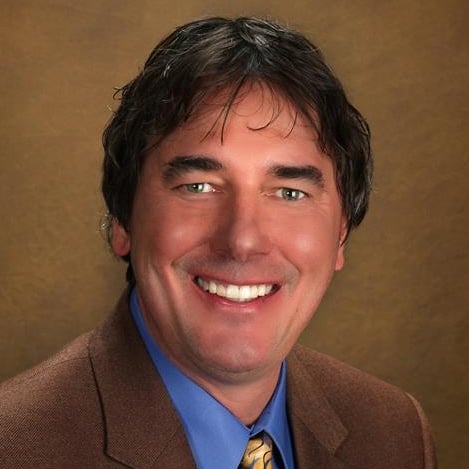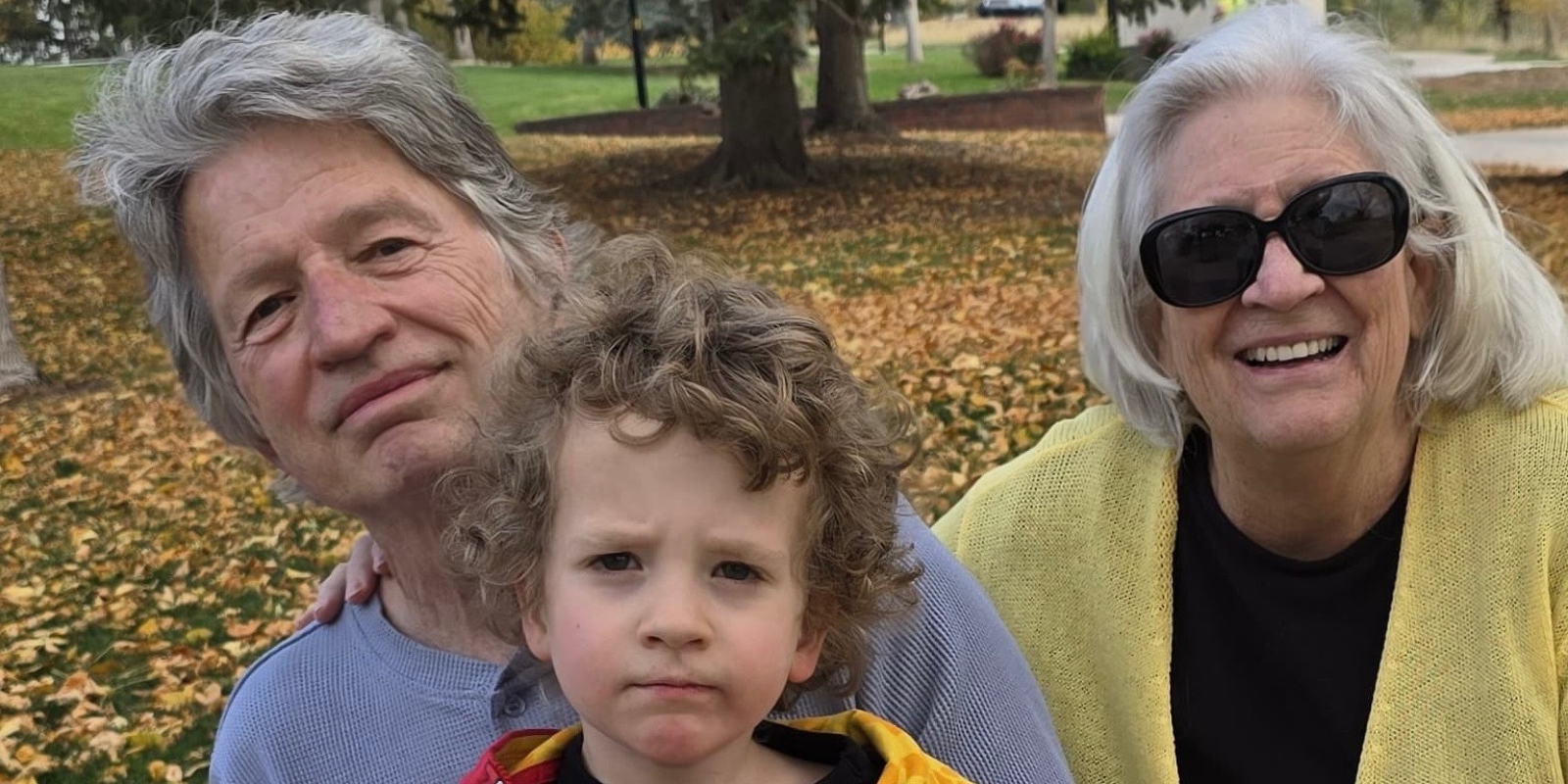Kidney transplants can be done using either living or deceased donors. How does the procedure work with a living donor?
We do between 275 and 300 kidney transplants per year, and probably about a third of them are live donors. For donors, the procedure is now very minimally invasive, either laparoscopic or robotic. We make a small incision just big enough to squeeze the kidney out sideways. The donors are out of the hospital the next day, and once that muscle heals up in three or four weeks, they're back to normal life. They don't have to take any medications or change their diet.
They get screened very carefully, because we're operating on someone who doesn't need an operation. They go through a full day of evaluation here, meeting the nephrologist, the surgeons, social workers, and psychiatrists, getting all the lab testing and CT scan imaging. We can never make the risk zero, but we can make it as close to zero as we can, because, again, they don't need this operation.
We also do what are called paired exchanges where, if a person who needs a kidney transplant identifies a donor, and they’re a good donor, but not a compatible blood type, we can put them in a computer bank and match them up with other people who have donors that can't donate to them, then we swap the live donors.
When the potential donor goes through that day of screening, is there anything you could discover that would disqualify them?
There are a lot of things. Any sort of medical problem, if they have diabetes or significantly high blood pressure. We try to have them do an online screening before they come in because if we can exclude them, we don't want to waste their time. Sometimes they don't know they have medical problems until we do all the testing. They might have kidney stones they don't know about, and some people are born with one kidney. Every year we have at least one donor who comes through to donate a kidney, and we do a CAT scan on them, and they only have one kidney.
How does the transplant process work with deceased donors?
We work with an organ procurement organization called Donor Alliance. The hospital will notify Donor Alliance that there's a situation where the family is interested in being a donor. The person either has been declared brain dead, but they're still on a ventilator, or there’s what's called DCD, or donation after cardiac death. That’s a situation where the patient isn't brain dead, but the family has been given a prognosis that's extremely neurologically unsalvageable, so they choose to withdraw care — basically take the person off the ventilator and let them expire. They can still donate in that setting, if they die within a certain amount of time.
So Donor Alliance goes out, gets the family history, the history of the donor, all the medical testing, and uploads it onto a site that all the hospitals in the area have access to. Then they look at the list and see who’s next in line for an organ. They notify us, and we look everything over online, as far as the testing, the history, the imaging. We have donor coordinators who call the recipients and tell them they're up for an organ, and we send a member of our team to procure the organ from the donor. They either drive or fly to where the donor is, put the organs in a cooler, and bring them back.
What's it like for the recipients to get that call, after maybe being on the donation list for a few years?
They're usually pretty excited — nervous, but excited. That's what they've been waiting for. They want to get off dialysis and back to a normal life and feel better and have a functioning liver.
How long after the operation do they start feeling normal again?
Usually very quickly, almost immediately. They have their color back, and even though they're still sore from the operation, they have more energy.
What is the follow up from a kidney transplant like?
The first couple of months, they have to come in two or three times a week, then that gradually gets spaced out. Sometimes they have to stay here locally, if they're from long distances, so we have a lot of temporary housing options for them and their family to stay until they're ready to go home. And they have to be on anti-rejection medication for the rest of their life.
What does it feel like, as a surgeon, to do these transplants? What’s it like when the patient wakes up with a new kidney and essentially a new life?
It's very gratifying for us. That's one of the reasons I chose to do this. The patients and the families are so thankful. They're very challenging operations, which is good for us, but the patient population is very thankful for saving or changing their life overnight.





.png)
.png)